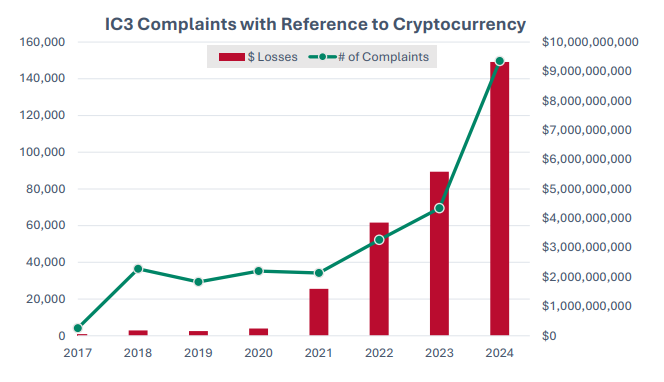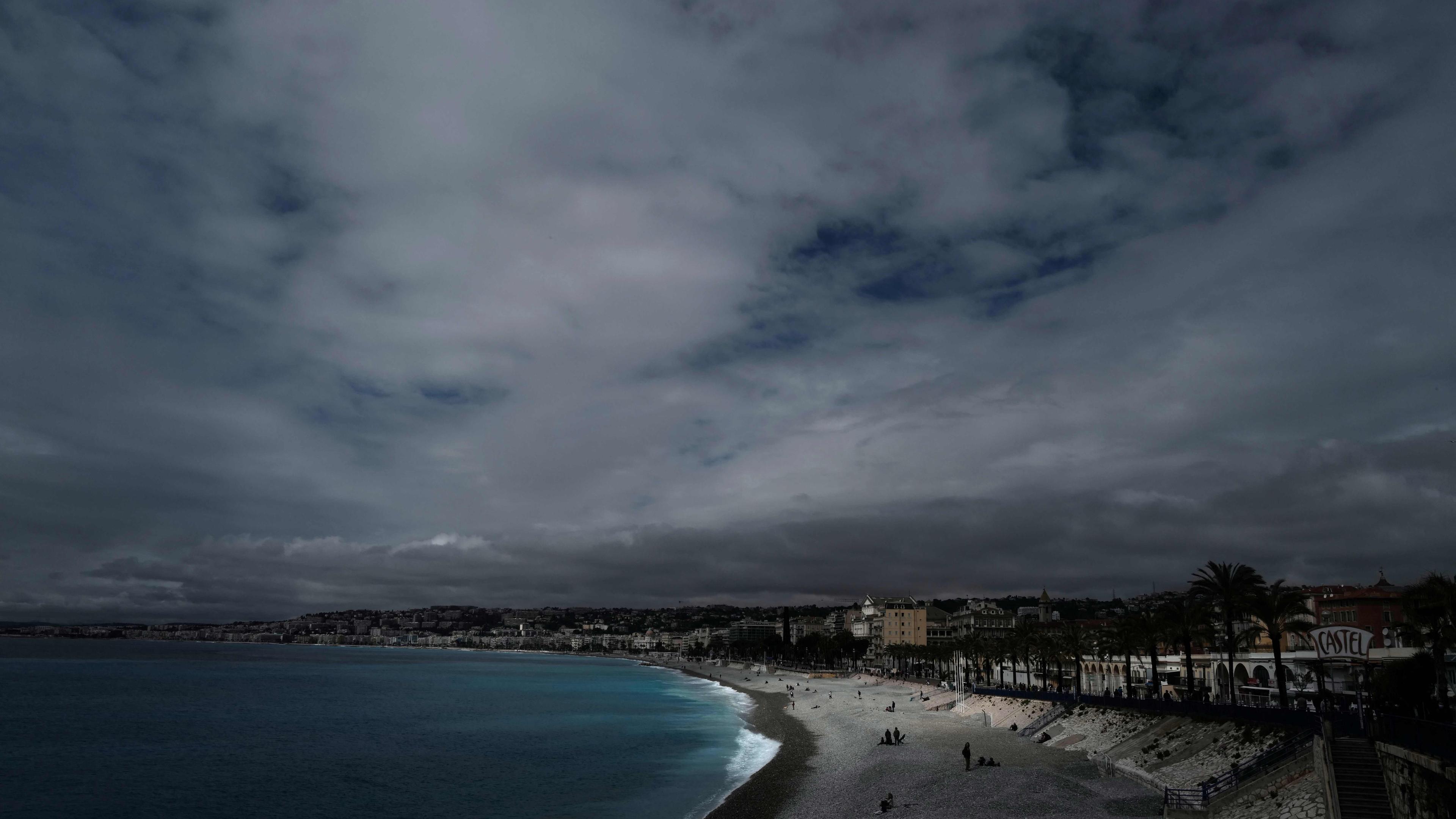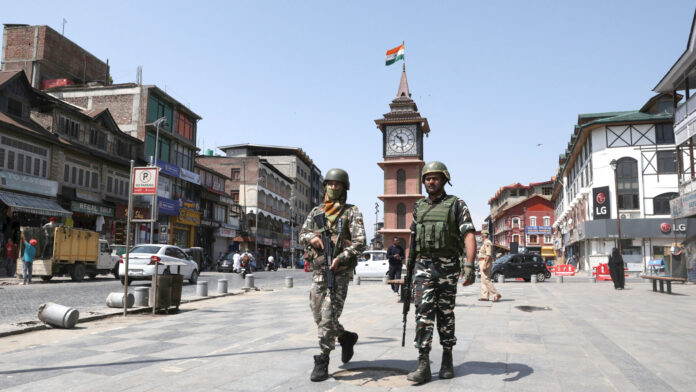Bilan Osman: « I have the trauma from the extreme right »

Bilan’s Osman’s debut novel « It was better in the past » had just gone to pressure when the news came about The mass shoot at Risbergska school in Örebro – The worst ever in Sweden’s history. There was a shudder through Bilan Osman, whose novel begins with the teenage girl Leyla being in hospital and remembers the shots echoing in the school corridor before everything turned black.
– I was of course shocked, but at the same time I knew that a mass shooting was only a matter of time, but considering how much weapons are in circulation in Sweden, she says.
In the investigation recently presented The police judge that the perpetrator acted on the basis of frustration and a desire to die. He had major personal problems and is described as mentally unstable. The investigation shows no signs of political or radical motives.
Shortly after the deed However, many were quick to stamp the deed as racist. No wonder, says Bilan Osman, whose own thoughts immediately went to the Rastic School Council in Trollhättan 2015 where four people lost their lives, including the perpetrator.
– The similarities between the deaths seemed to be so many in the beginning.
The deed in Trollhättan was one Of the sources of inspiration for « It was better in the past ». The car Osman’s novel is about how a young guy is radicalized and thinks he has to stop a rare war. In reality he was named Anton Lundin Pettersson, in the novel he is called Liam.
– But I wanted to tell a bigger story than the one about a guy who is radicalized. When such things happen, we as a society would like to put responsibility on the individual, but it is really about the whole society being radicalized, she says.
How do you mean?
– The limit on what is acceptable to say without anyone reacting is constantly moving. The way you talk about immigrants and minorities just get harder. This applies to politicians and leadership writers but also everyone else, we have all been radicalized.
Radicalization is a hard word, can you find another?
– No, we are all part of a larger shift, even if we are not aware of it.

Playground for the novel is the fictional town of Vallön, once a safe oasis for Fadumo who has moved the civil war in Somalia – now a place where people are blown obliquely and a rastic party sits in the municipal council. The story revolves around Fadumo, her teenage daughter Leyla and Leyla’s schoolmate Liam. All three think it was better in the past; Fadumo before she needed to escape her homeland, Leyla before Vallön became xenophobic, Liam before the immigrants arrived.
– We are all nostalgic of us, which means we never stop in the present. We can only see what has gotten worse, not everything that has gotten better. Absolutely, some things have gotten worse, but much has also gotten better. That’s how society works, says Bilan Osman.
She is a journalist, Lecturer and debater, born in Gothenburg and raised in Partille and Linköping. In her job, she has monitored radical environments up close, Islamist as well as right -wing extremists, which has led to her being equipped today with a personal alarm.
– Sometimes it almost feels like my whole life consists of making police reports and sitting in conversations with the police. I made a notification by last week. This applies to a concrete death threat. I have a protected identity so no one knows where I live, but they do not prevent people from knocking on my door. Some are so obsessed that they simply follow me.
The car Osman describes It has become a kind of general projection area in today’s polarized Sweden. Sometimes she is called radicalislamist, sometimes too bad Muslim. Sometimes she is said to hate white people, sometimes she is labeled as a radical feminist.
– In recent years I have realized that it is not really as much about me as a person or what I write, but about people having a picture of me that is difficult to place.
When Bilan Osman received a phone call from a publisher who wondered if she was interested in writing a book, she had already started writing it, then as a kind of therapy. Although she gives the impression of being happy and tough, things have left their mark.
– I had my own trauma from the extreme right that I needed to deal with, she says.
The car Osman had before Never wrote fiction, not even tried. Still, she felt that fiction offered the best opportunities for the story she wanted to tell. The language of the novel is consistently straight and simple. « It was better in the past » has an air of youth novel over it.
– I would be very happy if it became a book that you read in the schools.

DN meets Bilan Osman in Björns Garden at Södermalm in Stockholm, a stone’s throw from Stockholm’s mosque – once in a while transformation station for Stockholm’s electricity plant. In the novel, the vandalization of Vallön’s mosque is the first domino tray of the coming tragedy.
– For me, it was important that Liam would not be unsympathetic. It is something I have learned about myself during the work on the book, that I am a very understanding person, she says.
Liam has no problem With someone having a different skin color, there are other things he does not like with the immigrants in Vallön, something he can’t put his finger on. Liam starts looking for answers online, where he slips into a forum and will soon be approved by an older guy.
– I want you to understand Liam as well as you can understand Leyla and Fadumo. There is no goodness or evil in man, we are all just extremely complicated. Those who commit this kind of crime are no monsters, they are people we go to school or live with neighbors.
Read more:
The car Osman: « Sweden is lagging behind in the understanding of racism »
Bilan Osman has gained more than most
BILAN OSMAN: The debate about Islam is bordered by tiring prejudice






:format(webp)/s3/static.nrc.nl/images/gn4/stripped/data120593855-12eb08.jpg)
